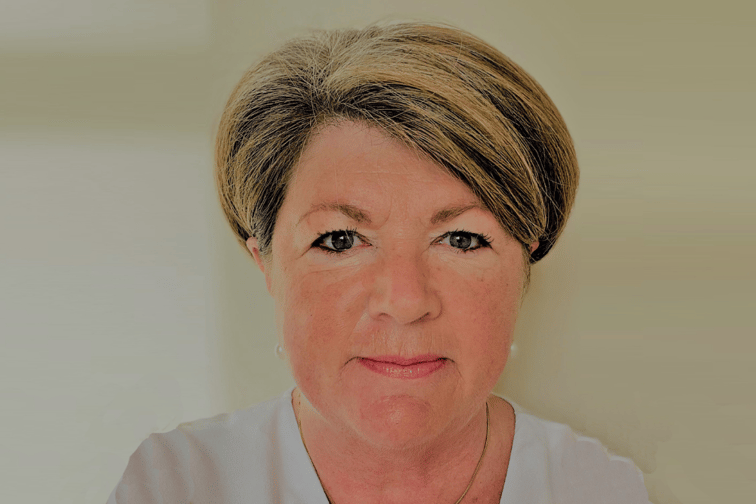

One of the highlights of my first month as CEO of the LMG was the launch of our report – Beyond Insurance – the client view. With input from 45 clients across four key industries - IT, financial services, consumer & retail and energy, it brings together a really powerful overview of the key trends disrupting the patterns of risk today. There was one great quote from a director of risk management for a global consumer goods company in the US who said: “We’ve had over 100 years to learn how to build the perfect store, including all the corresponding infrastructure. Shifting to e-commerce is changing our entire operating model.” For me it was a very succinct summary of the speed of change we are all experiencing in almost every aspect of our lives.
Through the research we spoke to banks concerned about fake news, tech companies worried about the liabilities for artificial intelligence, start-ups wanting to protect the value of their intellectual property and investors in renewable energy struggling with the increased unpredictability of the weather. None of the challenges identified are easy to address.
The other thing that struck me in reading the findings was the increasing reliance of companies on others to make their business a success – and the fact that this brings with it risks which are not entirely within their control. Business success is no longer just about physical assets and services that a company can manage and protect. Companies need third party providers to deliver key components for their products and services, rely on AI and new tech to improve them, or engage with influencers and social media to market them. These are often not core skills for them and this opens them up to a whole raft of new risks for which they need mitigation and support.
Coming from a marketing and comms background, I was particularly intrigued by the risks of changing methods of targeting and reaching consumers. Social media is tremendously powerful in allowing businesses to efficiently target specific customer demographics. But it also provides increased scrutiny on real - or fabricated - stories about their activities and associations. This can then impact their customer reviews, resulting in the loss of companies’ advertising position and overall brand strength. This then creates a vicious circle of losing the algorithmic reach which brings in new customers. And a great deal of this is not within their direct control because many businesses are learning everything from scratch, so they either buy or partner with external service providers who are more experienced in delivering a digital service model.
While insurance might not yet have all the answers, it is clearly still very relevant for buyers. Some of the risks discussed already have insurance solutions available, but perhaps more capacity is required. This is true of cyber risk and some political risks. For others it is about expanding beyond simple indemnity and offering more service and support, particularly during a crisis. Many others want to access intelligence for new projects, such as meeting ESG requirements or assessing their carbon footprint. All of this is a fundamental part of what the London Market does every day.
My lockdown box-set binge was “The West Wing”, in which Martin Sheen as President Bartlett frequently shouts: “What’s next?”. In this case, it is vital that the report does not just gather dust on the metaphorical shelf. The report is intended as the focal point for market discussions; between underwriters and brokers, within companies and with customers. It gives us common ground around the disruptions being faced by customers and the risk transfer and management needs that they identify. It should allow us to spotlight solutions where they exist already and come together to build solutions where they don’t. We can see many opportunities for market collaboration between underwriters, brokers and risk managers. This report can form an agenda for debate between risk transfer professionals. For customers it is a call to arms to their brokers and underwriters to help them in the areas where they have needs that are perhaps not being met. With all this in mind, the London Market Group will be looking to run workshops and events to talk about solutions and to keep the conversation flowing.
